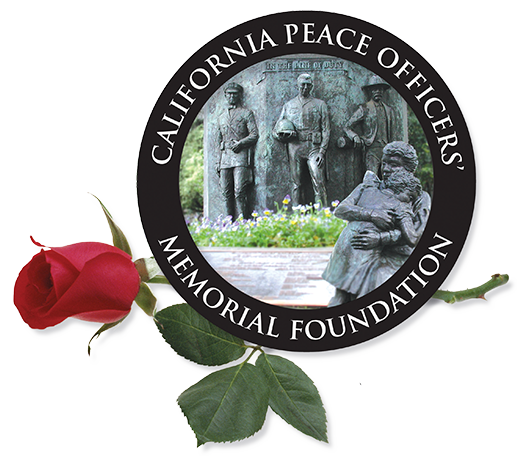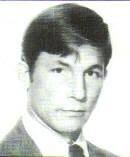Flags at Los Angeles City Hall were flown at half-staff in honor of a police officer that was mortally wounded more than five years ago – a shooting that paralyzed him and placed him on a slow path toward death.
Retired Los Angeles Detective Norman R. Eckles, 42, died April 20. The cause of death, the county coroner’s office said, was “acute and chronic” infections related to a bullet wound that he suffered while trying to serve a narcotics search warrant in South Central Los Angeles on Dec. 1, 1983.
The coroner’s office now lists Eckles as a homicide victim. His assailant, however, will not face a new charge of murder.
Eckles, in essence, outlived the statute of limitations for murder. Sandy Gibbons, a spokeswoman for the district attorney’s office, explained that the law requires that death occur within three years and a day of the “the fatal stroke” for murder charges to be filed.
Eckles assailant, Edwin P. Donelson, is serving a 22-year term at Tehachapi state prison. He was convicted in 1985 of two counts of attempted voluntary manslaughter, one count of assault with a firearm. Donelson also inflicted lesser wounds on another police detective and a passer-by.
Donelson opened fire when Eckles and another officer, identifying themselves as police officers, tried to enter Donelson’s apartment in a surprise predawn raid. Eckles’ partner tried to force the door open and Eckles broke a window “as a diversionary tactic,” he said in a 1984 interview.
At Donelson’s trial, Eckles testified: “Everybody was screaming ‘Police!’ I know I said ‘Police, we have a search warrant’ . . . at least twice . . . I heard a shot. The next thing I knew, I was on the ground.”
Eckles was wearing a bulletproof vest, but the bullet entered from the side, beneath his right armpit and lodged in his spine.
The wound immobilized him from the chest down, forcing him to take a disability retirement. He took 20 different medications to deal with constant pain, said Eckles’ wife, Cynthia.
Even so, Eckles remained active in law enforcement. From his wheelchair, the former narcotics detective testified frequently in court as an expert on narcotics cases.
Eckles also served as a police consultant, lecturing officers on “safety and survival,” Los Angeles police spokesman Bill Frio said.
Three weeks after the shooting, Eckles said in a hospital room interview: “I used to think a badge would protect me. I used to think the badge covered my whole body, but it was a little short that morning.”
Several months later, upon his retirement, Eckles said: “This is the saddest day of my life – I don’t want to retire.”
Eckles, who lived in Upland, is survived by his wife, daughters, Tracy Lynn Paulik and Tammy Eckles; son, Norman J. Eckles; and three grandchildren.
“He was a policeman until the day he died,” his wife said in a statement released by police officials. “He loved the LAPD. It was always important to him.”

